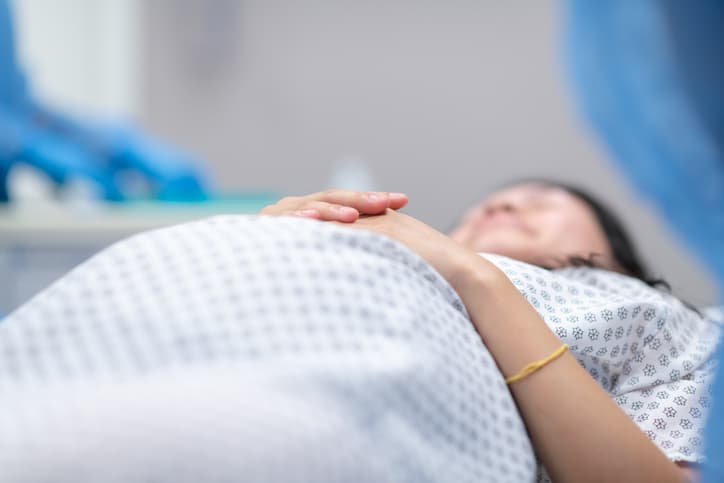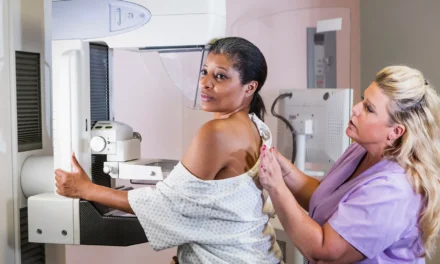
The following is a summary of “Risk for stillbirth among pregnant individuals with SARS-CoV-2 infection varied by gestational age,” published in the SEPTEMBER 2023 issue of Obstetrics and Gynecology by Lyu, et al.
Prior research has indicated a heightened risk of stillbirth among pregnant individuals with SARS-CoV-2 infection. However, it remained unclear whether the timing of viral infection during pregnancy influences the risk. For a study, researchers sought to investigate the connection between the timing of SARS-CoV-2 infection during pregnancy and the risk of stillbirth.
The research employed multilevel logistic regression analyses utilizing nationwide electronic health records in the United States. The data were gathered from 75 healthcare systems and institutes spanning 50 states. The study included 191,403 pregnancies among 190,738 individuals of reproductive age (15–49 years) who gave birth between March 1, 2020, and May 31, 2021. The primary outcome measured was stillbirth at or after 20 weeks of gestation. The exposures examined were the timing of SARS-CoV-2 infection: early pregnancy (<20 weeks>
The study identified 2,342 (1.3%) pregnancies with COVID-19 in early pregnancy, 2,075 (1.2%) in mid-pregnancy, and 12,697 (6.9%) in the third trimester. After adjusting for maternal and clinical characteristics, elevated odds of stillbirth were observed among pregnant individuals with SARS-CoV-2 infection solely in early pregnancy (odds ratio, 1.75, 95% CI, 1.25–2.46) and mid-pregnancy (odds ratio, 2.09; 95% CI, 1.49–2.93), as opposed to pregnant individuals who were never infected. Factors consistently associated with stillbirth across various trimesters included older age, Black race, hypertension, acute respiratory distress syndrome or acute respiratory failure, and placental abruption.
The study found an increased risk of stillbirth associated with COVID-19 infection during early and mid-pregnancy but not at any time before delivery or during the third trimester. It suggested the potential vulnerability of the fetus to SARS-CoV-2 infection in early pregnancy. The findings underscored the importance of proactive COVID-19 prevention and timely medical intervention for individuals infected with SARS-CoV-2 during early and mid-pregnancy.




